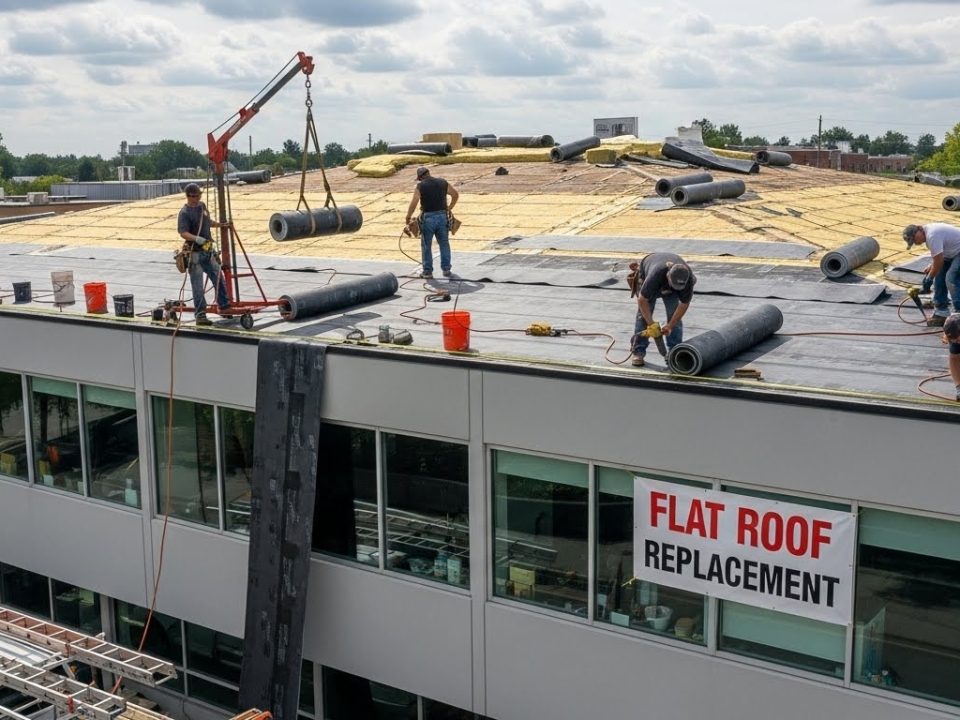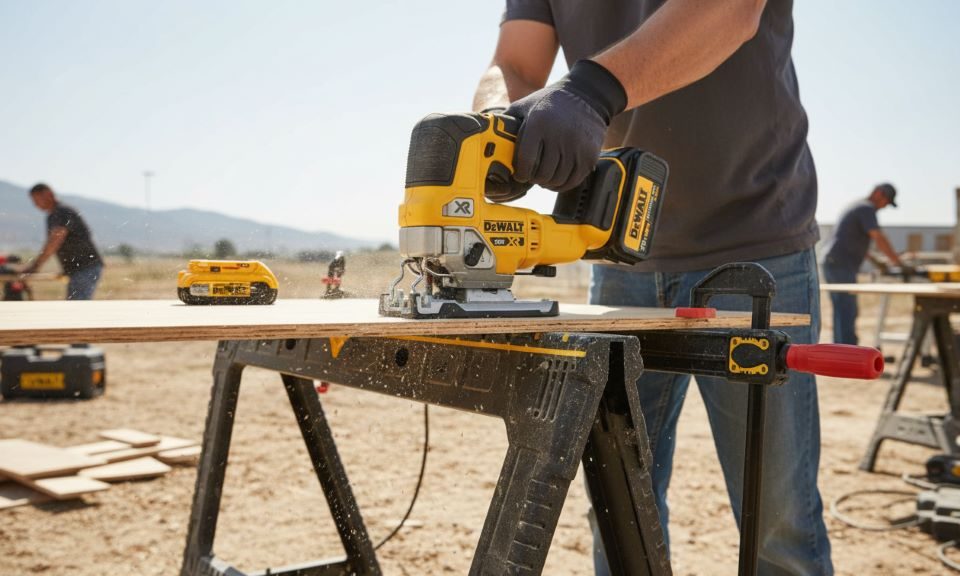In recent years, Jacksonville has seen a growing demand for sustainable roofing solutions. With climate change concerns intensifying and energy costs soaring, homeowners and businesses are turning to eco-friendly roofing options. Jacksonville Sustainable Roofs: Eco-Friendly Options are not just a trend; they are a necessity that combines environmental responsibility with long-term financial benefits.
Table of Contents
ToggleWhy Sustainable Roofs Matter in Jacksonville
Jacksonville’s hot, humid climate and frequent storms pose significant challenges for traditional roofing materials. Conventional roofs often deteriorate faster under such conditions, leading to frequent repairs and replacements. Sustainable roofs, however, are designed to withstand these stresses while reducing environmental impact. According to the U.S. Environmental Protection Agency (EPA), roofing materials contribute to urban heat islands, which increase city temperatures. Sustainable roofs can lower these effects by reflecting sunlight and providing insulation.
Moreover, sustainable roofs help reduce energy consumption. Studies show that cool roofs, a popular eco-friendly option, can reduce cooling energy use by up to 15% during the summer months. This is crucial in Jacksonville, where air conditioning is a year-round necessity.
Popular Eco-Friendly Roofing Options in Jacksonville
Several eco-friendly roofing materials are gaining traction in Jacksonville due to their durability, energy efficiency, and environmental benefits:
- Cool Roofs: These roofs use reflective materials that bounce sunlight and heat away from the building. They can be made from reflective coatings, tiles, or membranes. In Jacksonville, cool roofs can drastically reduce indoor temperatures and cut energy bills.
- Metal Roofs: Metal roofing is highly durable and recyclable. It reflects solar radiant heat effectively, decreasing cooling costs. Additionally, metal roofs often come with coatings that enhance their energy efficiency.
- Green Roofs: Featuring living plants, green roofs provide natural insulation and improve air quality. While they require more maintenance, their ability to absorb rainwater reduces stormwater runoff — a significant benefit for Jacksonville’s rainy season.
- Recycled Shingles: These shingles use recycled rubber or plastic, diverting waste from landfills. They also resist cracking and fading better than traditional asphalt shingles.
The Environmental and Economic Benefits
Choosing Jacksonville Sustainable Roofs: Eco-Friendly Options offers dual benefits—saving the planet and saving money. Environmentally, these roofs reduce greenhouse gas emissions by lowering energy consumption. For instance, cool roofs reduce heat absorption, mitigating the urban heat island effect, a growing problem in Jacksonville and other metropolitan areas.
Economically, eco-friendly roofs extend the lifespan of the roofing system. Metal roofs, for example, can last over 50 years compared to asphalt shingles that last around 20. This longevity reduces replacement frequency and labor costs.
Furthermore, sustainable roofing often increases property value. According to a report from the National Association of Realtors, homes with energy-efficient features, including sustainable roofs, tend to sell faster and at higher prices.
Challenges and Considerations
Despite their benefits, sustainable roofs also come with challenges. Initial installation costs can be higher than traditional roofing. However, when factoring in energy savings and reduced maintenance, the total cost of ownership often proves more economical.
Local regulations and building codes in Jacksonville may also impact which roofing materials homeowners can use. It’s essential to consult with roofing experts who understand the city’s guidelines and climate requirements.
Moreover, some eco-friendly roofs, like green roofs, demand regular upkeep, including irrigation and plant care. This ongoing maintenance might deter some homeowners, but for many, the environmental benefits outweigh the added effort.

Expert Opinions and Industry Insights
Industry professionals advocate for sustainable roofs, emphasizing their growing importance in Florida’s climate. According to roofing contractor Jim Stevens, “Sustainable roofing is no longer optional—it’s a smart investment, especially in a challenging environment like Jacksonville.”
Environmental groups highlight the role sustainable roofs play in climate action. The Florida Green Building Coalition supports roofing solutions that reduce carbon footprints and improve resilience against storms.
On the other hand, some experts caution against one-size-fits-all solutions. “Not every eco-friendly roof suits every home. Proper assessment is key to maximizing benefits,” says architect Laura Nguyen.
Real-World Examples in Jacksonville
Several Jacksonville developments have successfully implemented sustainable roofing. The Jacksonville Public Library’s new expansion includes a green roof that absorbs stormwater and reduces cooling needs. Residential communities in Riverside have embraced metal and cool roofs, reporting noticeable drops in energy bills.
These examples illustrate that sustainable roofing can fit various budgets and property types, proving adaptable and effective in Jacksonville’s unique environment.
FAQs about Jacksonville Sustainable Roofs: Eco-Friendly Options
- What types of sustainable roofs work best in Jacksonville?
Cool roofs, metal roofs, and green roofs are the top choices due to the climate and weather patterns. - Do sustainable roofs increase property value?
Yes, energy-efficient roofs often make homes more attractive to buyers and can increase resale value. - Are sustainable roofs more expensive to install?
Initial costs may be higher, but long-term savings on energy and maintenance offset these expenses. - How do green roofs help with Jacksonville’s stormwater issues?
Green roofs absorb rainwater, reducing runoff and easing pressure on the city’s drainage systems. - Can I install a cool roof on an existing home?
Yes, many cool roof coatings can be applied to existing roofs, making upgrades affordable. - Are there any tax incentives for installing sustainable roofs in Jacksonville?
Certain federal and state programs offer tax credits or rebates for energy-efficient home improvements. - How long do sustainable roofs last compared to traditional ones?
Metal and green roofs often last 40-50 years, while asphalt shingles last about 20 years.
Final Thought
Jacksonville Sustainable Roofs: Eco-Friendly Options are more than just environmentally conscious choices—they are practical solutions tailored to Jacksonville’s climate challenges. By investing in these roofing alternatives, homeowners and businesses can enjoy lower energy bills, longer-lasting materials, and a reduced environmental footprint. With proper planning and expert guidance, transitioning to sustainable roofing can turn a simple home improvement into a powerful step toward a greener, more resilient Jacksonville.
Read More:
Great Home Renovation Safety Tips You Should Follow
What is a RCC Flat Roof? Unveiling the Secrets of Reinforced Concrete Flat Roofs





